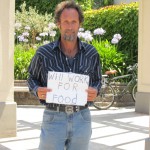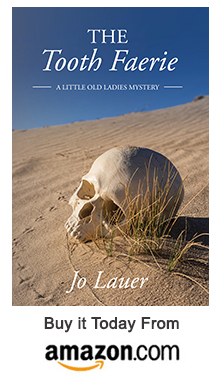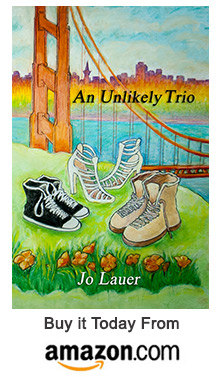 One of the reasons I became a therapist is an indefatigable curiosity and appreciation of the human psyche—our coping mechanisms and survival strategies, how we process information and experience, and how we find or create our place in the world. I’m curious about the role of genetics (nature) and the influence of nurture.
One of the reasons I became a therapist is an indefatigable curiosity and appreciation of the human psyche—our coping mechanisms and survival strategies, how we process information and experience, and how we find or create our place in the world. I’m curious about the role of genetics (nature) and the influence of nurture.
In my short story, Satellite People (see the Other Writings section of my website), I explore my relationship to those people on the very outer edges of my life—people about whom I have a vast curiosity, people who I count on as sort of landmarks in my world, but whom I keep at a safe emotional distance. These are people whose lives intrigue me, who have obviously fallen on hard times, but who—with resilience of spirit or perhaps just by default—continue on.
In moments of soul-searching, I realize there’s a line of safety I walk motivated by a fear (of “contagion loves company” perhaps—there but for the grace, go I?) that allows me to wonder about, write about, observe from a distance these very people who shape my landscape. What happens when we cross that line of self-imposed fear? A human connection happens.
For months every Saturday morning as I bicycle to the local Safeway for groceries, I nod and say a brief “Good morning,” to a young man standing in front of a post at the corner of the driveway and holding a sign that says Will Work For Food. There’s something about this man, the way he holds himself with pride, shows up clean and tidy as if for just another day of work. His smile is honest, his eyes are clear with a touch of mirthful twinkle. Blasting sun or chilling fog, he’s there, week after week. This intrigues me. This seems significant. This CANNOT be an easy way to make a living, but I find it oddly creative—so I hire him, for an interview.
David is 49, a Capricorn (for those to whom this is relevant), the middle of six children from a disengaged family (a lot of “issues” growing up, several step-fathers, abuse, no emotional closeness, survival-oriented). He admits to his own adolescent and young-adult years of trouble making, substance abuse, and some run-ins with the law. A jack of all trades and master of a few of them, he met his life-partner Sue while he was refinishing furniture at a small store in Sebastopol, CA. It was love at second-or third sight with a period of separation while he re-evaluated his path in life, got clean and sober in 1995, found spiritual support and turned his life around. They’ve been together now for twenty-nine years. David is a TIG welder by trade, an accomplishment in which he takes a great deal of pride.
“So, how did you wind up here?” I ask, gesturing to the post, his outdoors “office.”
After his welding company was sold six months ago, he was out of work, lost his car, his house—no one was hiring. He was homeless. He moved back home to help tend his mother who had suffered a stroke. When her needs became greater than he could accommodate, he once again found himself homeless.
Back in the day when he was making good living, he would help folks in need. His motto is, “Treat people right, and they’ll treat you right.” Banking on the karmic notion of what goes around, comes around, David took his sign and proudly announced his availability. He is also registered with the temp agencies, has fliers posted around town, even has a free website designed by Sue. He’ll do everything from washing dishes, to chopping wood, to doing repairs and welding. He sees himself now as a professional handyman.
He does not take the attitude that the world owes him anything. He is filled with gratitude for all the good that comes his way. He’s a proud man, living his life a day at a time. In spite of his early years, he has strong family values, and an unshakable moral code of right and wrong. When he’s not working, he fishes, goes crabbing at Bodega Bay, and camps.
While we spoke, a woman in an SUV drove up, lowered her car window and said, “I’m sorry I don’t have any work for you, but here . . .” and handed him a ten dollar bill. Genuinely touched, he thanked her. At the end of our interview, a elderly man approached and asked if he could hire David to change a flat tire in the parking lot. It’s not an easy life, but it’s a worthy one.
I asked David what keeps him going. He said, “Hey, it’s gotta get better, right?” and gave me an irrepressible smile.
Now when I bicycle by en-route to the grocery, I can say, “Good morning, David.” It feels right to have taken that step over my self-imposed limitation. My reward was meeting a pretty incredible human being.
David Winters can be reached at (707) 347-9353








